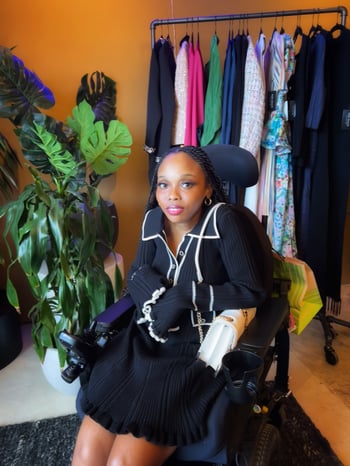Ways to Make the Disability Community Inclusive
Join Our Movement
What started as an idea has become a national movement. With your support, we can influence policy and inspire lasting change.
Become an Advocate
As we strive for inclusivity and endeavor to mitigate ableism, it's important that we prioritize diversity within the disability community. We must create safe spaces that embrace individuals with intersecting identities and offer unwavering support. Here are some actionable steps to foster inclusivity:
- Acknowledgment of Intersectionality: Recognize and acknowledge the intersectionality of race and disability. Understand that the experiences of disabled people of color, especially Black disabled people, are shaped by both racial discrimination and ableism, and that these intersecting identities influence their lived experiences.
- Promote Accurate Representation: Showcase a diverse range of disabled individuals, including people of color, to accurately reflect the diversity within the disability community.
- Intersectional Advocacy: Advocate for policies and initiatives that address the intersecting barriers faced by disabled people of color, such as healthcare disparities, educational inequities, and employment discrimination. Collaborate with other social justice movements to advance intersectional advocacy efforts.
- Amplify Voices of Color: Elevate the voices of disabled people of color by providing platforms for them to share their narratives and experiences. Their perspectives are invaluable in shaping a more inclusive discourse on disability rights.
- Continued Reflection and Improvement: Be open to feedback, acknowledge areas for improvement, and commit to ongoing efforts to create a more inclusive and equitable environment for all.
